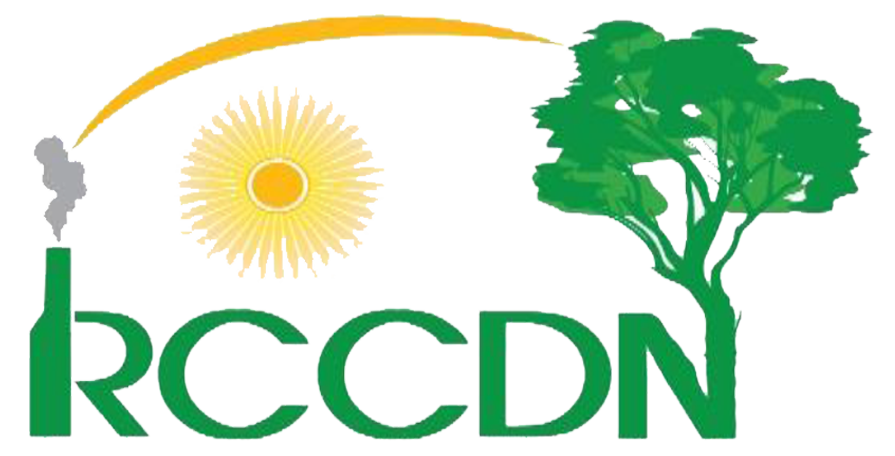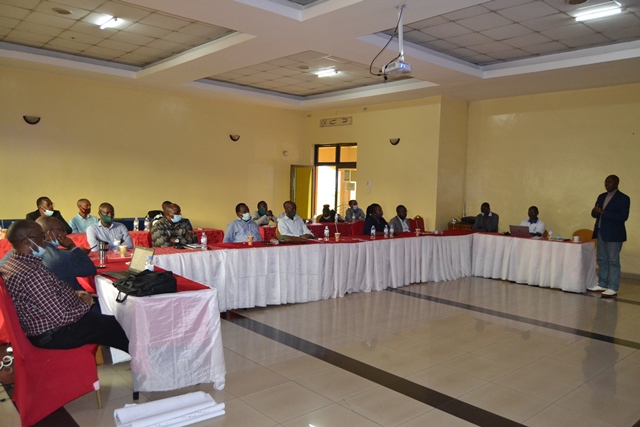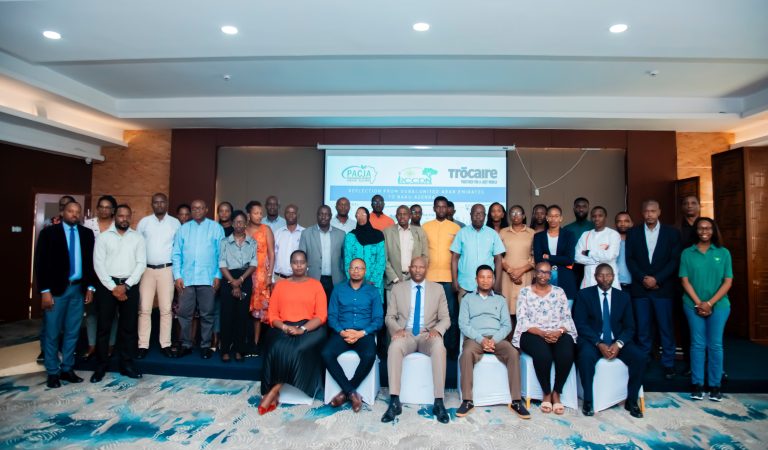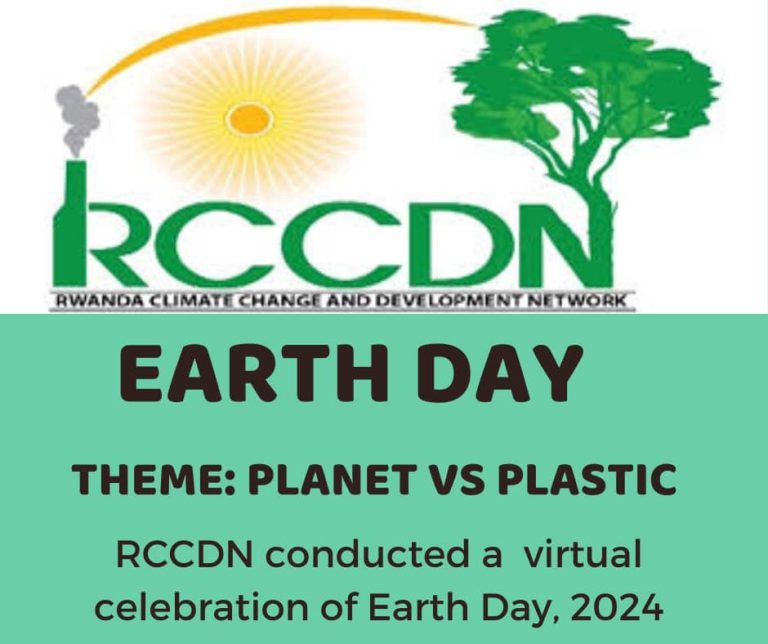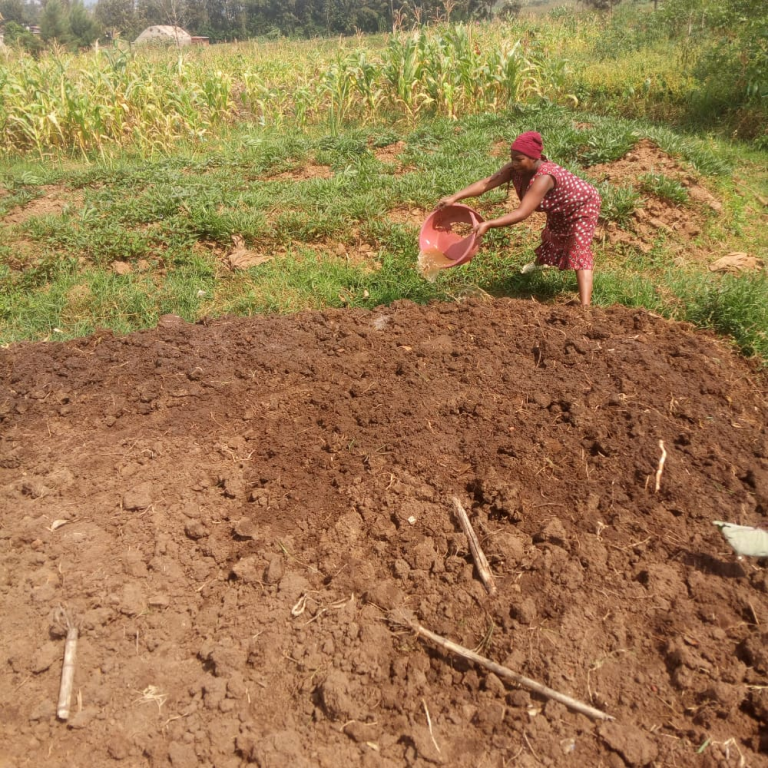Members of the Rwanda Climate Change and Development Network (RCCDN) meeting in a one-day workshop on 14th May 2021 at Hilltop Hotel in Kigali committed to active participation in strengthening the network and improve communication.
During a networking & alliance building workshop, 21 representatives were trained and looked at how to make their network stronger as well as their respective civil society organisations.
Faustin Vuningoma, the Coordinator of RCCDN called for united engagements among members of the network for any meaningful progress because this was one of the major reasons for creating the network.
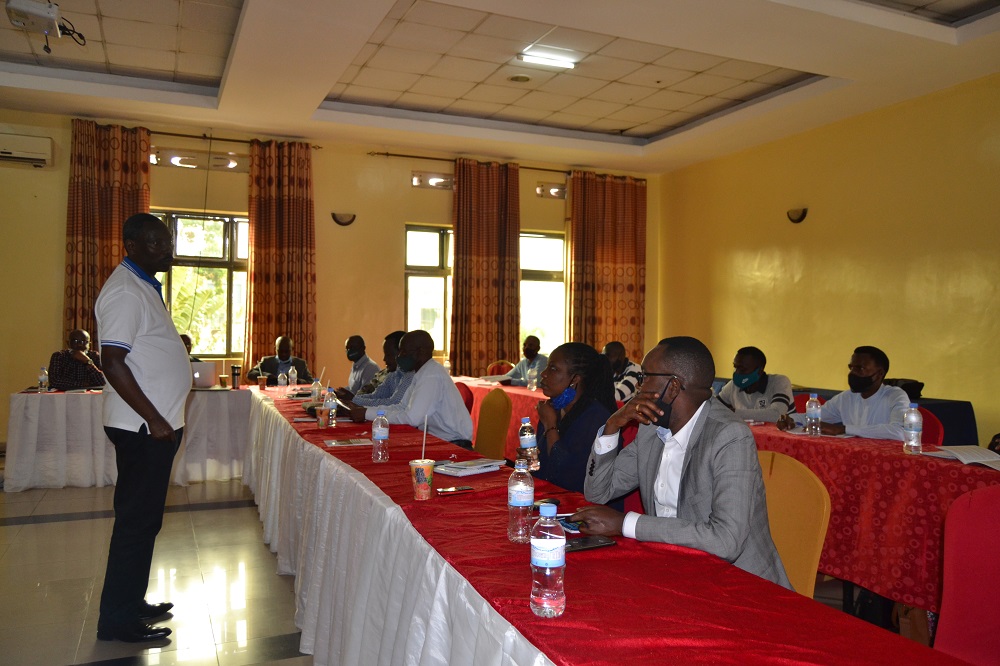
He revealed that the plan for this year was to conduct capacity building activities to empower members first, to unite them, seek common objectives and how to achieve them.
Composed of 63-member organisations, RCCDN is a national member-driven civil society network working on climate change and other development challenges in Rwanda.
Jules Aimable Muhizi, a consultant who facilitated the training said that they are trying to empower members so that they can in return strengthen and make the network stronger as well as member organisations. A network can only stay stronger if its members are strong.
This empowerment continues from member organisations to communities who are the intended beneficiaries. This would ensure that organisations are not only formed to benefit the founders but rather the communities.
“Those we are training we ask them to also pass on the acquired knowledge to others in their organisations and to beneficiary communities,” Muhizi emphasized.
Muhizi said that the workshop ended on a good note where members made commitments to build a stronger network through participation between RCCDN coordination and members as well as between RCCDN’s members and their members.
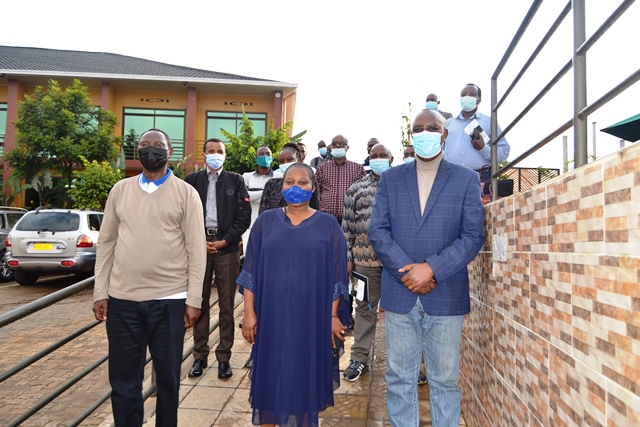
Another commitment was relationship building and trust, between coordination and members; and creation of informal networks at local and national levels to influence decision-making with knowledge of climate change as a key driver to sustainable development.
Participants also discussed gender mainstreaming, leadership, the separation of responsibilities by avoiding conflicts of interest, and accountability.
RCCDN coordination promised to continue lobbying government and policy makers for climate-compliant development initiatives, engage partners both local and international to take into account local climate concerns.
The on-going trainings target all members of RCCDN and are funded by the Norwegian People’s Aid (NPA) through the Public Policy Information, Monitoring and Advocacy (PPIMA), a civil society support project aimed at promoting an active interest among Rwandan Civil Society organizations and citizens in public policy affairs and helping them to self- organize and acquire the skills they need to engage effectively in national and local level processes of policy formulation, implementation and management.
